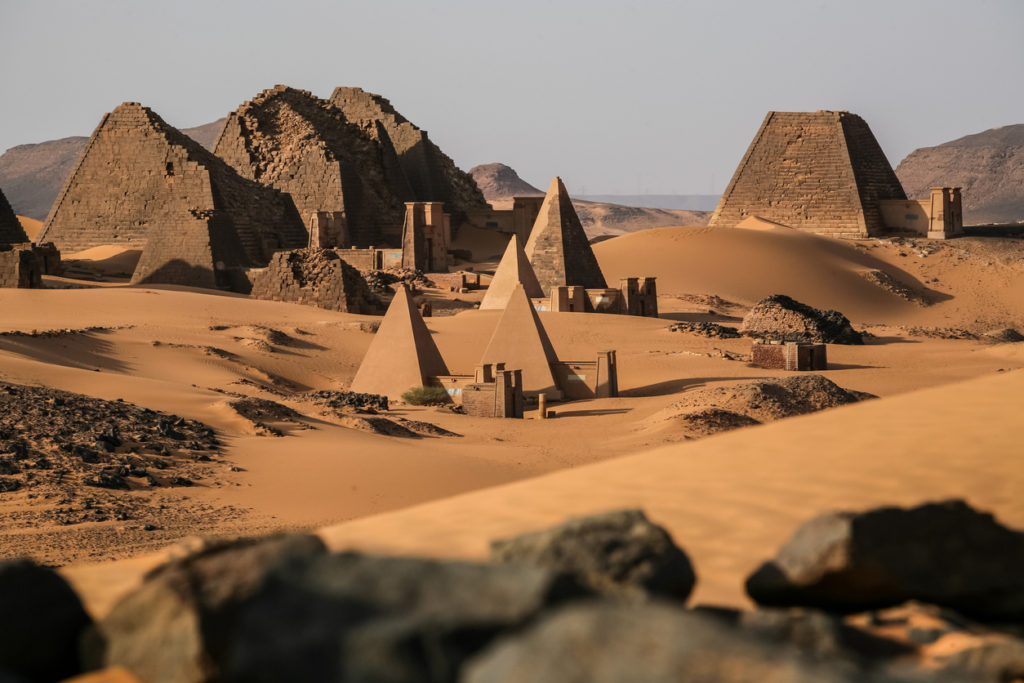Salma Khidir is a Paralegal at Proelium Law LLP. She holds a Masters in Public International Law from Leiden University. Salma is Sudanese and is particularly interested in the geopolitics of the Africa and MENA region and its subsequent effects.
Early on the 5th June, Bahrain cut its diplomatic ties with Qatar and soon after came the sound of dominos falling as other Gulf and African countries followed suit. The four key belligerents in this rift – Saudi Arabia, Bahrain, the UAE and Egypt – then released 13 demands on the 22nd June, through Kuwait who remained neutral and took on the role as mediator, that were to be fulfilled within 10 days.
Then came a different sound, from Sudan, a sound commonly known in the world of small talk as an awkward silence.
A CHILD OF AN AWKWARD SEPARATION
Sudan is currently a country dotted about with foreign funding and, unfortunately for Sudan, two of its biggest benefactors are Qatar and Saudi Arabia. In recent years, Sudan’s relations with Qatar and Saudi Arabia have strengthened, despite difficulties with Saudi prior to this, and have particularly strengthened when Sudan broke decades-old relations with Iran in January 2016. This was in support of an identical move by Saudi Arabia, following the execution of a prominent Saudi Shia cleric.
Sudan has leaned into its relations with Qatar and Saudi Arabia, and they are relations characterised by heavy investment in the African state. In Sudan’s tourist industry alone, Qatar has invested $135m into the restoration and preservation of Sudan’s archaeological sites, such as Meroë, the site of Kushite pyramids. Further, in 2014, the then Minister of Finance, Badr al-Din Mahmoud, announced that Qatar had deposited $1bn into the Bank of Sudan. Qatar played a role in major projects in Darfur, such as the Darfur Internal Dialogue and Consultations (DIDC) process and the construction of model villages for displaced Darfuris. Further work in Darfur was the hosting of peace talks, which led to the Doha Document for Peace in Darfur (DDPD) in 2011.
By comparison, Saudi Arabia’s contributions dwarf those of Qatar. In 2016, Saudi Arabia’s reported investment totalled $15bn, compared to $11bn in 2015, with Saudi investments tending to lean heavily towards the agricultural sector.
SUDAN’S POSITION
On the 8th June, in a debate at the National Assembly, Sudan’s Foreign Minister Ibrahim Ghandour outlined his hopes that the Qatar/Saudi crisis would be overcome because of the “strong relations and blood ties” between the nations. Further, he stated that Sudan “will not stand neutral and we will not take sides but we are at the heart of the issue”, asserting Sudan’s position as a mediator-in-waiting, working to bridge the divide and hoping to restore good relations.
This, however, has not shielded Sudan from pressure from all angles.
In the very same session, MPs called on the government to declare support for Qatar, as Qatar had supported and invested in Sudan, both politically and economically. This was further asserted when Salah Gosh, the former Director of the Sudanese Security Apparatus told Ghandour to “take a clear stance to reject the classification of the Muslim Brotherhood and Hamas as terrorist groups”, a classification made by the Saudi-led group.
Later in June, however, a different view surfaced – again from Sudan, but from General Taha Osman Al-Husain. Director of the President’s office at the time, it was reported that Al-Husain was of the view that Sudan should support Saudi Arabia and the allied Gulf states against Qatar. This is somewhat unsurprising when put into context with Al-Husain’s close ties to Saudi Arabia, and with no official reason released from the government, it is rumored to be the reason he was removed from office.
WHAT IS THE AVERAGE LENGTH OF AN AWKWARD SILENCE?
With pressure amongst Sudan’s ministers, and from Saudi Arabia’s Ambassador to Khartoum, Ali bin Hassan Jaafar, urging Sudan to take a “clear stance” on the matter, how much longer can Sudan maintain their awkward silence?
Unofficially, there remains a great deal of debate within the country as to Sudan’s position and how much longer it can afford to maintain it. Losing Qatar would result in the loss of key economic investment, as well as political support. Losing Saudi Arabia could also result in losing the UAE, who contributed a combined $26bn in 2016. Further, losing Saudi Arabia could also be detrimental to Sudan’s hopes of having US sanctions lifted permanently. As it currently stands, the temporary sanctions relief was to become permanent in July, but was extended by three months. The decision Sudan makes, should it choose to make one, will no doubt have an effect on whether the Trump Administration lifts or maintains the 20-year-old sanctions.
So, what is the average length of an awkward silence?
During the National Assembly, one of the MPs, and former director of the Sudanese security apparatus, Salah Gosh told the minister to “take a clear stance to reject the classification of the Muslim Brotherhood and Hamas as terrorist groups”, which is the claim from Riyadh, Abu Dhabi, Manama and Cairo.
Need advice?
If you’d like further information, or to discuss working with us, please get in touch






